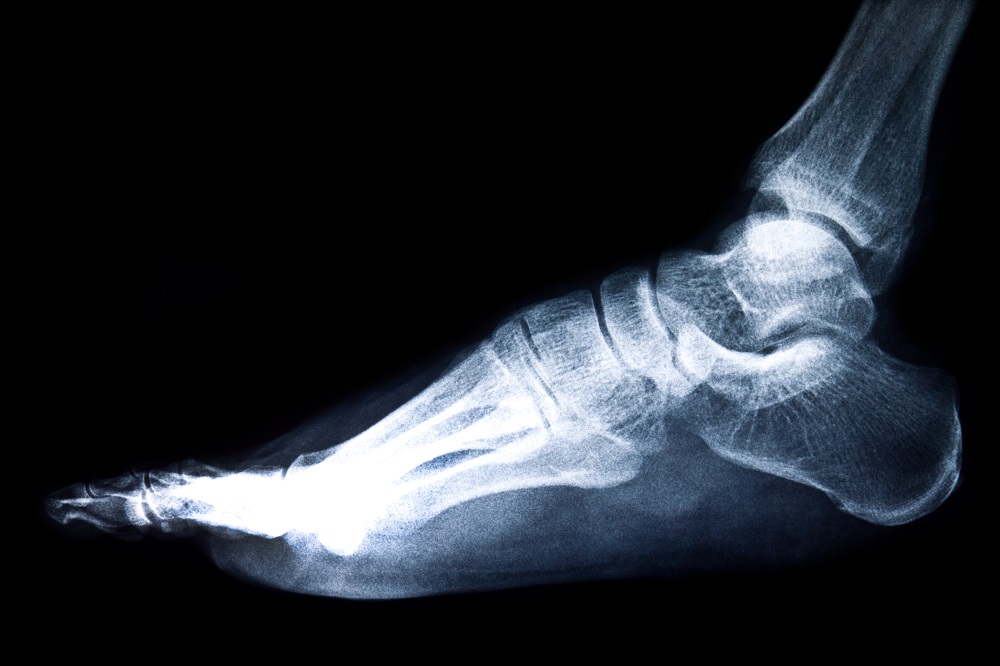
If you have diabetes, you’ve likely heard about the importance of foot care. But have you heard of Charcot foot? This potentially devastating complication of diabetes can lead to severe deformities and even amputation if left untreated. At WeTreatFeet Podiatry, we’re experts in diagnosing and managing Charcot foot, helping patients maintain their mobility and quality of life.
What is Charcot Foot?
Charcot foot is a condition that causes weakening of the bones in the foot, leading to fractures, joint dislocations, and deformities. It primarily affects people with diabetic neuropathy, a type of nerve damage that can cause loss of sensation in the feet.
Charcot foot, also known as Charcot neuroarthropathy, is a severe condition that affects the bones, joints, and soft tissues of the foot and ankle. It was first described in 1868 by the French neurologist Jean-Martin Charcot, who observed the condition in patients with tabes dorsalis, a form of neurosyphilis. Charcot noted the progressive degeneration of the joints in these patients, which led to severe deformities.
Initially, Charcot foot was primarily associated with syphilis, but over time, it became evident that the condition could arise from any form of peripheral neuropathy. In 1936, the link between Charcot foot and diabetes was established. Diabetes-related neuropathy is now recognized as the most common cause of Charcot foot, given the high prevalence of diabetes and its complications.
The pathophysiology of Charcot foot involves a combination of neuropathy, trauma, and an abnormal inflammatory response. Neuropathy leads to a loss of sensation in the foot, making patients unaware of injuries. Repeated trauma, even minor, can cause fractures and dislocations. The body’s abnormal inflammatory response to these injuries results in further bone destruction and joint instability.
Early diagnosis and intervention are crucial to managing Charcot foot effectively. Historically, the condition was often misdiagnosed as cellulitis, gout, or deep vein thrombosis, leading to delays in appropriate treatment.
Key Facts About Charcot Foot:
- It’s more common than you might think: Up to 9% of patients with diabetic neuropathy may develop Charcot foot.
- It can mimic other conditions: The symptoms of Charcot foot are often mistaken for cellulitis or deep vein thrombosis.
- Early diagnosis is crucial: Recognizing and treating Charcot foot early can prevent severe complications.
Recognizing the Signs of Charcot Foot
The most common symptoms of acute Charcot foot include:
- Swelling of the foot and ankle
- Redness and warmth in the affected area
- Little to no pain (due to nerve damage)
If you notice these symptoms, especially if you have diabetes, it’s crucial to seek medical attention immediately. At WeTreatFeet Podiatry, our experienced team can quickly diagnose and begin treatment for Charcot foot.
Why Choose WeTreatFeet Podiatry for Charcot Foot Treatment?
- Expertise in Early Diagnosis: Our specialists are trained to recognize Charcot foot even when initial X-rays appear normal.
- State-of-the-Art Treatment: We use the latest techniques, including total contact casting, to manage acute Charcot foot.
- Comprehensive Care: From initial diagnosis through long-term management, we provide complete care for Charcot foot patients.
- Customized Treatment Plans: We develop personalized treatment strategies, including custom footwear and braces, to prevent complications.
- Advanced Surgical Options: For severe cases, our skilled surgeons can perform reconstructive procedures to realign the foot and prevent ulceration.
Managing Charcot Foot: A Lifelong Commitment
Treating Charcot foot doesn’t end after the acute phase. Long-term management is crucial to prevent complications. At WeTreatFeet Podiatry, we offer:
- Ongoing patient education
- Regular foot check-ups
- Custom protective footwear
- Advanced wound care for ulcers
By choosing WeTreatFeet Podiatry, you’re partnering with a team dedicated to preserving your foot health and mobility.
Don’t Wait – Seek Expert Care Today
If you have diabetes and are experiencing any unusual symptoms in your feet, don’t hesitate to contact WeTreatFeet Podiatry. Early intervention is key in managing Charcot foot and other diabetic foot complications. Trust your feet to the experts who understand the complexities of this condition and can provide the comprehensive care you need.
Remember, when it comes to Charcot foot, knowledge and prompt action are your best defenses. Let WeTreatFeet Podiatry be your partner in maintaining healthy, pain-free feet.





